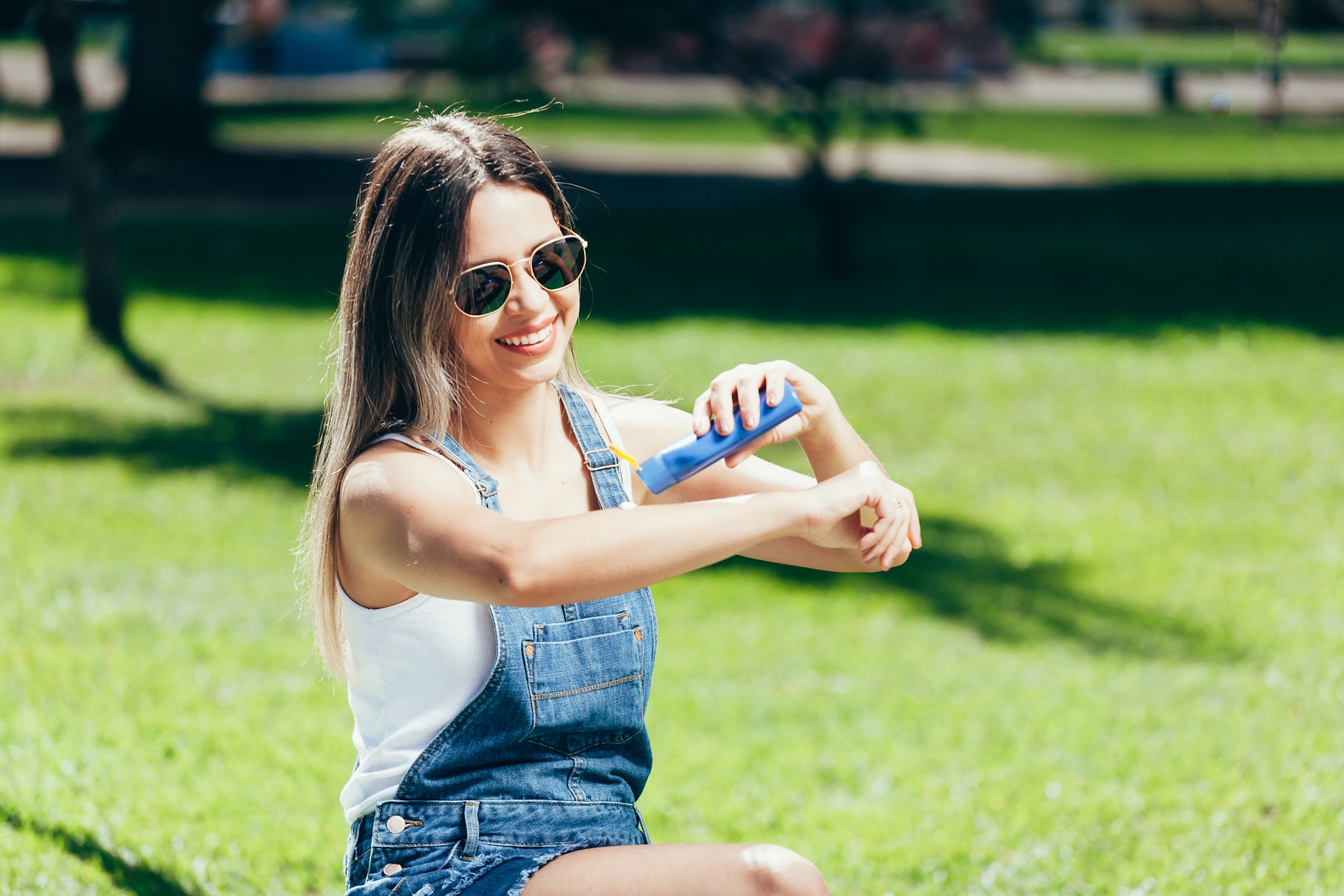
5 Pool Safety Tips to Keeping Your Family Safe
During the summer months, one way many families beat the heat is by spending time by the pool. Whether it’s your own backyard pool, a blowup kiddie pool or a pool at your vacation resort, all pools pose safety risks.
According to the CDC, drowning is the number one cause of unintentional death for children between the ages of 1 and 4. Also, according to the U.S. Consumer Product Safety Commission, 390 deaths a year on average are attributed to drowning in a swimming pool or at a spa.
So how can you keep your family safe at the pool this summer? Here are a few suggestions from the CDC.
1. Swimming skills help.
Taking part in formal swimming lessons reduces the risk of drowning among children aged 1 to 4 years. However, many people don’t have basic swimming skills. A CDC study about self-reported swimming ability found that:
a. Younger adults reported greater swimming ability than older adults.
b. Self-reported ability increased with level of education.
c. Among racial groups, African Americans reported the most limited swimming ability.
d. Men of all ages, races, and educational levels consistently reported greater swimming ability than women.
2. Seconds count—learn CPR.
CPR performed by bystanders has been shown to save lives and improve outcomes in drowning victims. The more quickly CPR is started, the better the chance of improved outcomes.
3. Supervise When in or Around Water.
Designate a responsible adult to watch young children while in or around water. Supervisors of preschool children should provide “touch supervision,” be close enough to reach the child at all times. Because drowning occurs quickly and quietly, adults should not be involved in any other distracting activity (such as reading, playing cards, talking on the phone, or mowing the lawn) while supervising children, even if lifeguards are present.
4. Use the Buddy System.
Always swim with a buddy. Select swimming sites that have lifeguards when possible.
5. Avoid Alcohol.
Avoid drinking alcohol before or during swimming, boating, or water skiing. Do not drink alcohol while supervising children.







